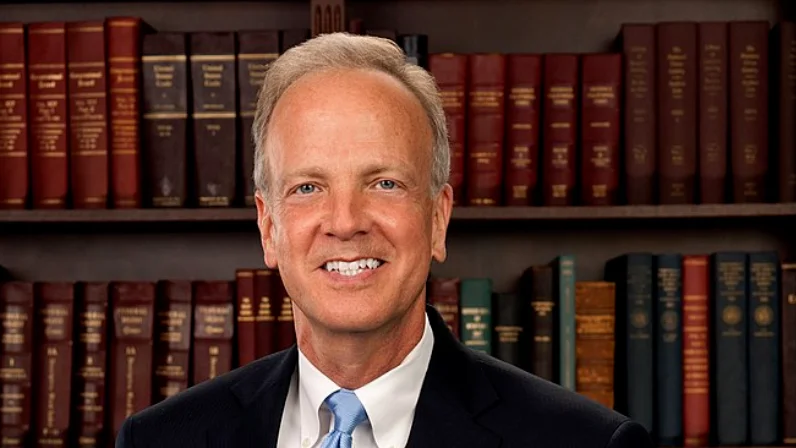Sen. Jerry Moran, US Senator for Kansas | Official U.S. Senate headshot
Sen. Jerry Moran, US Senator for Kansas | Official U.S. Senate headshot
Many Kansans have expressed opposition to the U.S. Department of Energy's (DOE) proposal for a National Interest Electric Transmission Corridor (NIETC) across much of Kansas. The plan would grant increased authority to the Federal Energy Regulatory Commission (FERC), potentially affecting thousands of residents.
The initial proposal included a 45-day comment period, which many believe was insufficient for fully evaluating the impact on agriculture and private property. "It gave landowners only a short window of time to make their voices heard," one resident noted. Concerns have been raised about potential land seizures through eminent domain, which could disrupt businesses and multi-generational farms.
Designating land as part of a NIETC would give FERC greater authority to site electric transmission lines. Critics argue that the federal government should collaborate in good faith with landowners rather than imposing decisions unilaterally. The Biden administration’s Infrastructure Investment and Jobs Act allows FERC to issue permits for transmission lines even if state regulators deny an application.
In response, legislation will be introduced in Washington, D.C., aimed at protecting Kansans' private property from federal seizure for building this transmission corridor. The proposed legislation seeks to:
1. Ban federal funds from being used to condemn private property within a NIETC designation corridor.
2. Prohibit FERC from overruling state regulators' rejection of an electric transmission project.
The goal is to ensure that federal taxpayer dollars are not used for eminent domain and that decisions regarding electric transmission siting remain under state jurisdiction rather than federal control.




 Alerts Sign-up
Alerts Sign-up